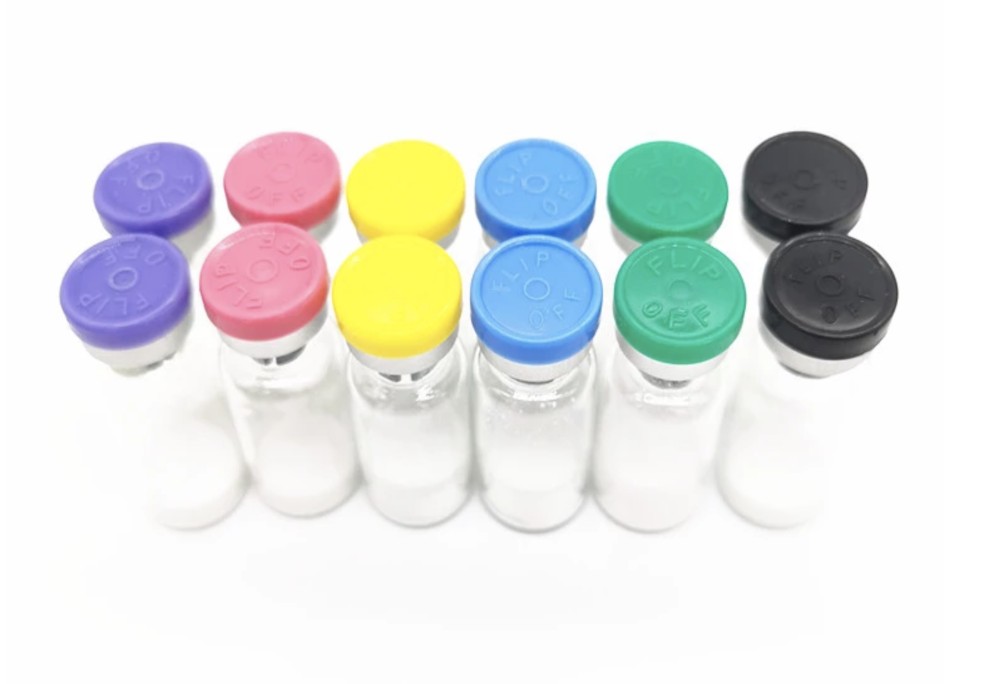Thymalfasin is a chemically synthesized version of thymosin alpha 1 that is identical to human thymosin alpha 1. Тимозин альфа 1 is an acetylated polypeptide. Тимозин альфа 1 is now approved in 35 developing countries for the treatment of Hepatitis B and C. It is also used to boost the immune response in the treatment of other diseases.
Thymalfasin (thymosin-alpha 1) is an immunomodulating agent able to enhance the Thl immune response. In vitro: conjugation of thymalfasin (Tα1) with iRGD preserves the immunomodulatory activity of the drug by increasing the proliferation of mouse spleen lymphocytes. Further, compared with Tα1 treatment, Tα1-iRGD treatment of MCF-7 cells considerably increases the number of cells undergoing apoptosis, resulting in a dose-dependent inhibition of cancer cell growth. [1] In vivo: Thymalfasin has been shown to have efficacy in multiple experimental models of immune dysfunction, mainly, infectious diseases such as hepatitis (woodchuck) and influenza (mouse), and cancer such as melanoma (mouse) and colorectal carcinoma (rat) where thymalfasin has shown antitumor effects.
Thymosin alpha-1 is now approved in developed or developing countries for the treatment of hepatitis B and C, and is also used to enhance the immune response in the treatment of other diseases.
Demonstrating various immunomodulatory properties, thymosin-alpha-1-induced murine T cell precursors and human thymocyte differentiation and functional immature umbilical cord blood lymphocyte terminal differentiation and induction of IL-2, high affinity IL-2 Receptor production, and peripheral blood mononuclear cells B cell growth factor. T helper cells and cytotoxicity / inhibition of T cell populations are targets of thymosin activity.
It has been shown that thymosin-alpha-1 increases the efficiency of macrophage antigen presentation and is an endogenous modulator of alpha-thrombin activity.






















